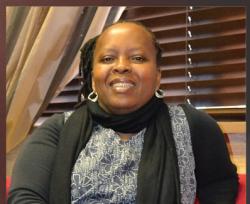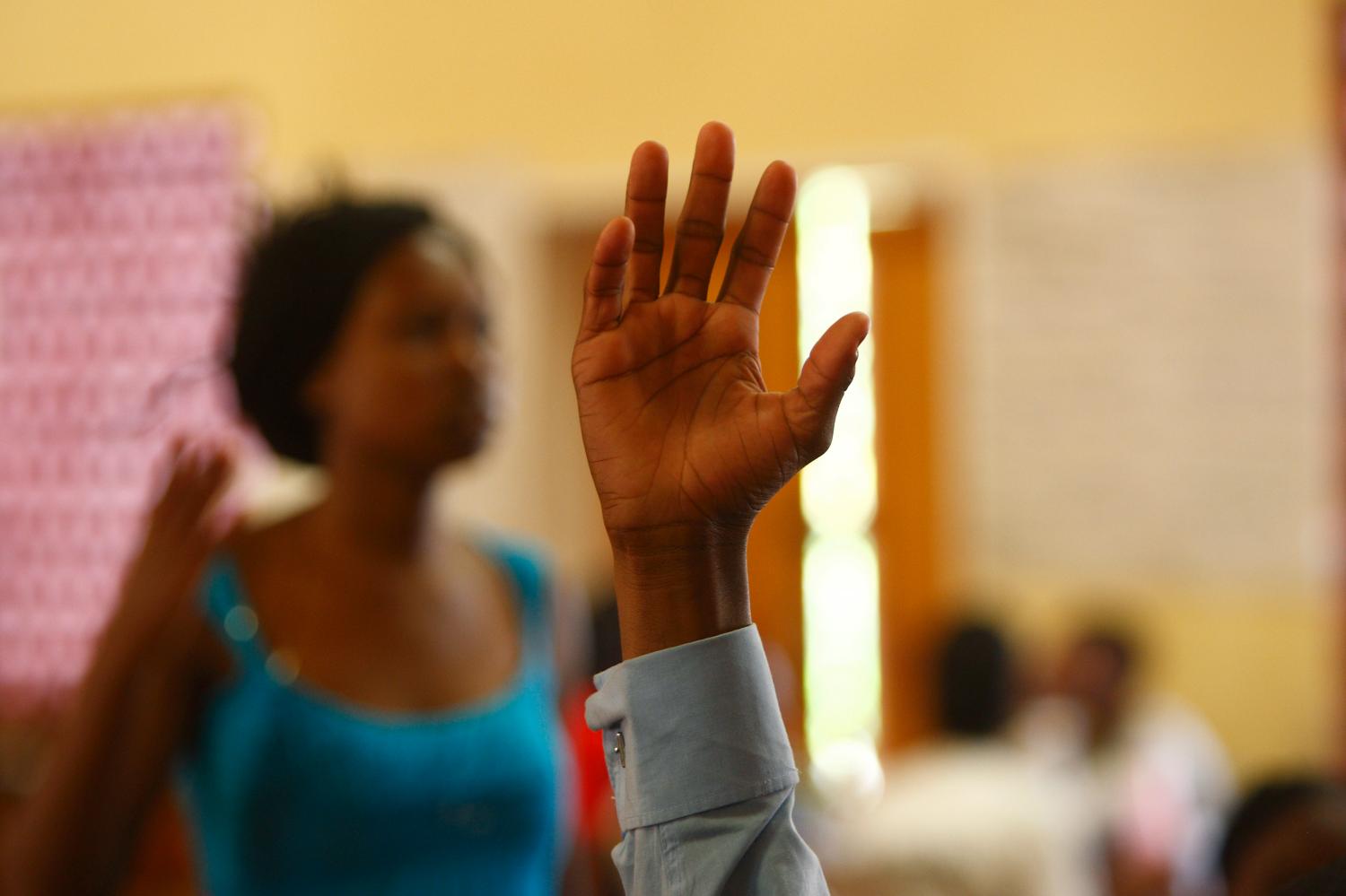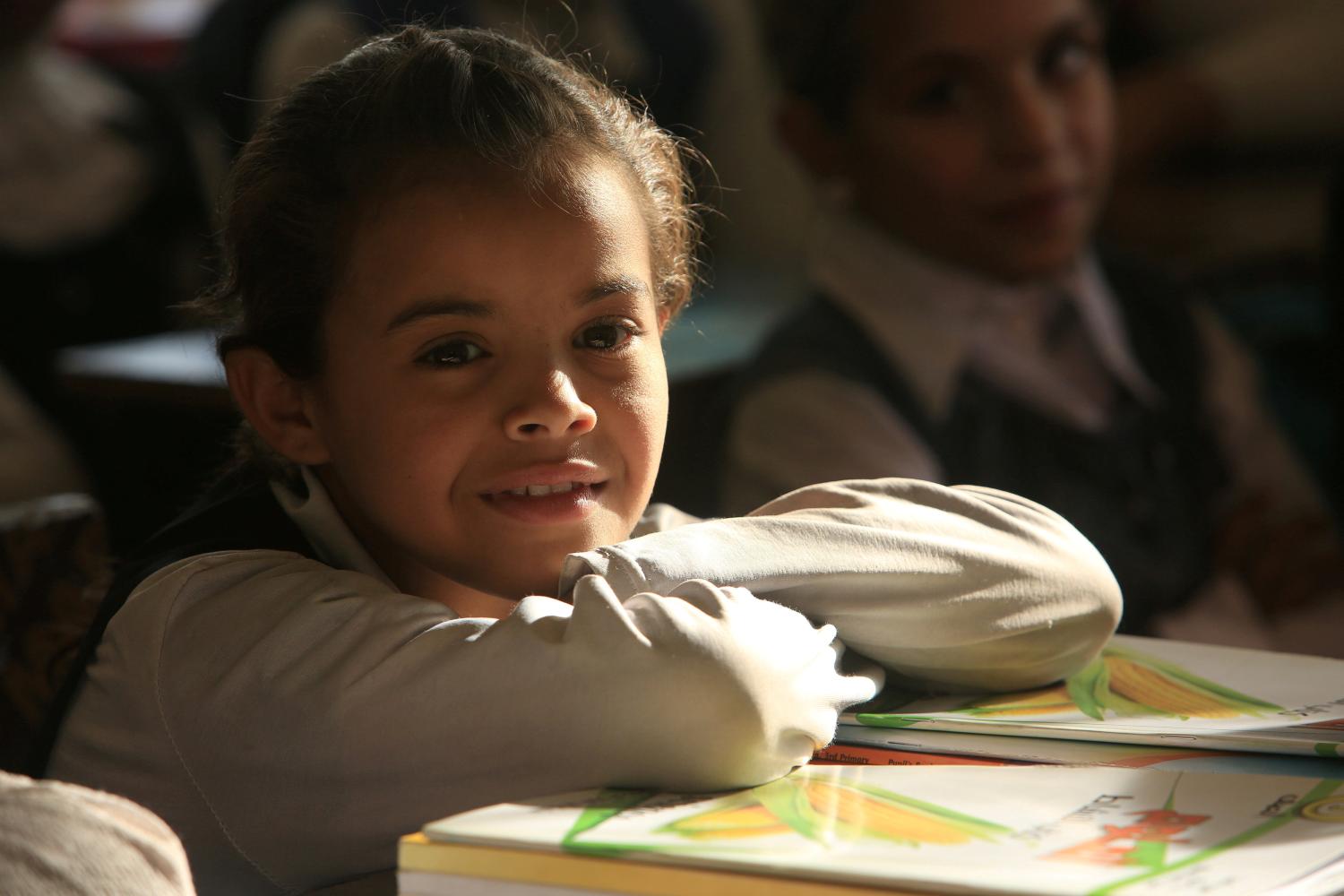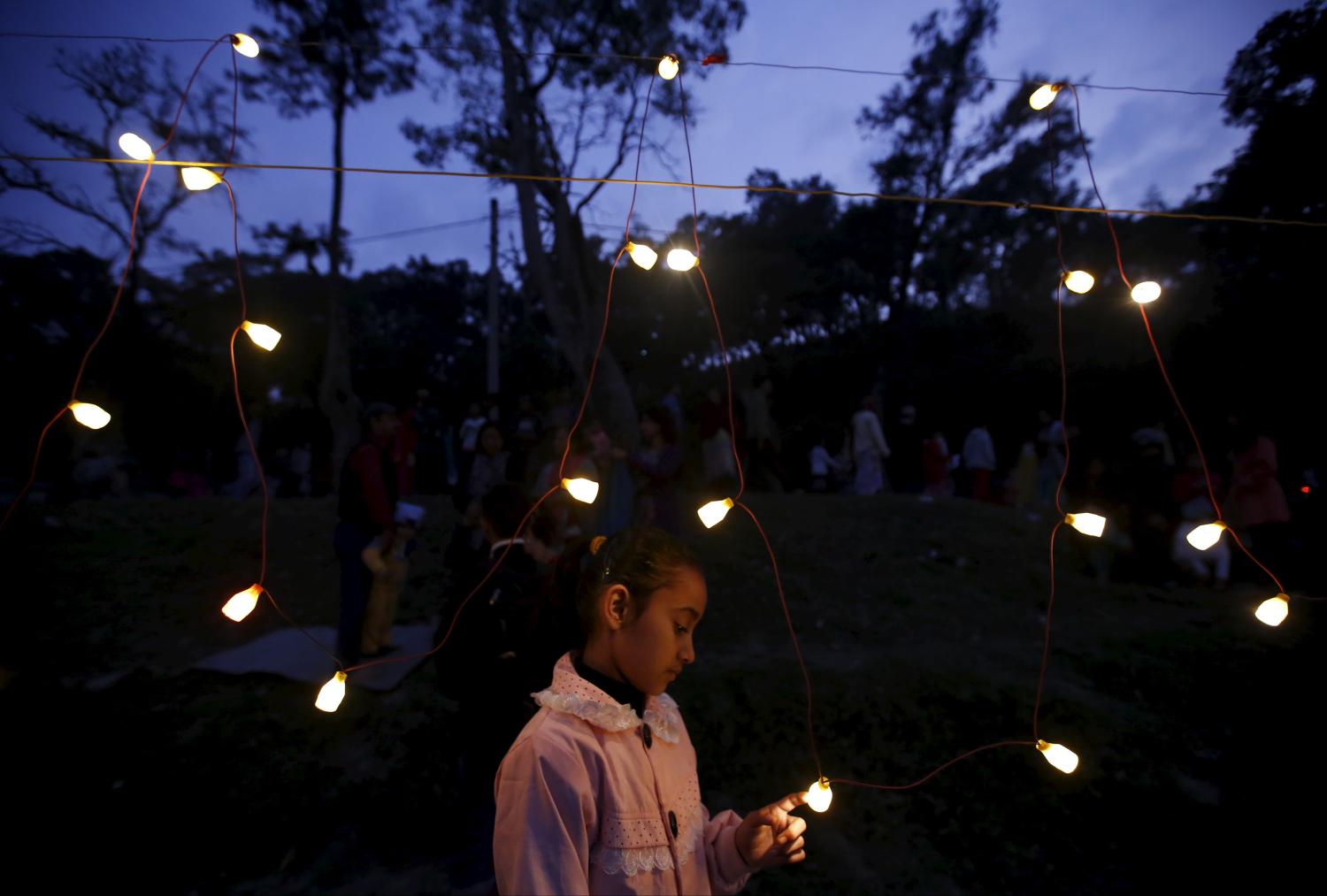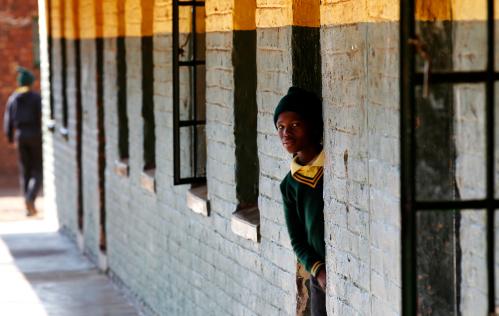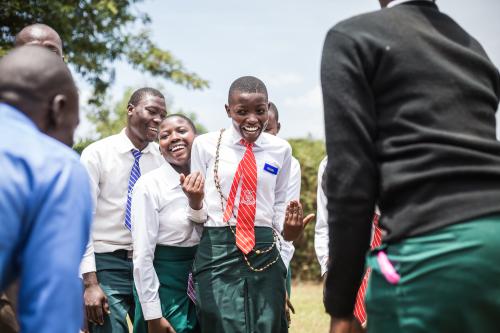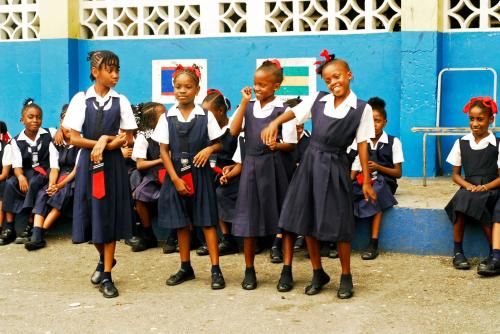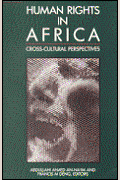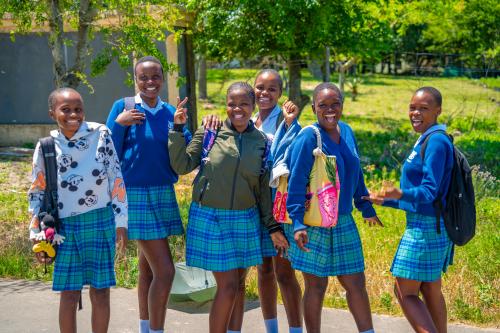South Africa has made significant strides in enrolling girls in school, particularly at the basic education level, with high gender parity indexes (GPI) at the primary school level. However, the high attrition rate at the secondary level and the poor quality of educational experiences and learning opportunities, for girls in particular, remain areas of concern. Studies have found that of the children who enroll in grade 1, only 50 percent make it to grade 12 with the majority of these children dropping out at the secondary school level.
Research and policy discourses in South Africa often explain the high rates of dropout among high school youth as a function of poverty and poor quality of teaching. These explanations often fail to consider sexual and reproductive health (SRH) as another important factor in adolescent girls dropping out. SRH is commonly defined as the ability to enjoy a satisfying and safe sex life and the capability to bear children and the freedom to decide if, when and how often to do so. The dominant explanations often fail to consider the ways in which socio-cultural norms that subordinate girls negatively affect their SRHRH and, in turn, influence their persistence in and completion of secondary education.
This paper examines the complex socio-cultural conditions in which girls and women live and learn (including unequal gender norms, gender-based violence and sexual and reproductive health) and the associated impact on girls’ education, using unplanned teenage pregnancy as an example of a gendered reason for girls dropping out of school. The paper seeks to explore whether an approach to SRHRH education that takes the socio-political environment into consideration could better give girls the skills and resources they need to make informed decisions about their bodies, including whether, how and when to have sex and/or children. Most importantly, could such an approach to SRH education help improve girls’ persistence in school and their educational success?
The paper identifies unequal gender norms, gender-based violence, poor SRHRH and the lack of knowledge about SRHRH rights as negatively impacting girls’ access to schooling and educational outcomes in South Africa.
The paper is informed largely by a desktop review that examined the nature of SRH education in South African secondary schools and whether and how it addresses the unequal gender norms in and around schools. It also analyzes existing curriculum policies and implementation by teachers. In addition, this report includes an exploratory study involving retrospective interviews with groups of first and second-year female students at two universities in South Africa. The interviews examined their experiences with SRHRH education in secondary school. Finally, the report presents findings from various systematic reviews of literature on the features of programs that have effectively dealt with the various socio-cultural factors that subordinate (oppress) girls and negatively impact on their access to and success in education.
The paper identifies unequal gender norms, gender-based violence, poor SRHRH and the lack of knowledge about SRHRH rights as negatively impacting girls’ access to schooling and educational outcomes in South Africa. Furthermore, this study is premised on the understanding that failure to address the root problem at the secondary school level may undermine any attempts at empowering schoolgirls and women at tertiary institutions.
The findings suggest that:
- Unplanned pregnancies are a major reason for girls leaving school;
- High rates of pregnancy among early university-level students suggests poor and inadequate SRH education in secondary schools;
- Factors contributing to students’ poor knowledge of SRH and SRH rights include: the cultural context in the home and community, the church and religious teachings about sex and sexuality, as well as the school and teachers’ perspectives and values;
- Teachers tend to focus on biological aspects of sex and reproduction, thereby neglecting sexuality and the gendered socio-cultural context in which adolescents negotiate their schooling and life in communities; and
- Contradictory and ambiguous policies tend to create space for schools to continue to exclude girls.
The Brookings Institution is committed to quality, independence, and impact.
We are supported by a diverse array of funders. In line with our values and policies, each Brookings publication represents the sole views of its author(s).
